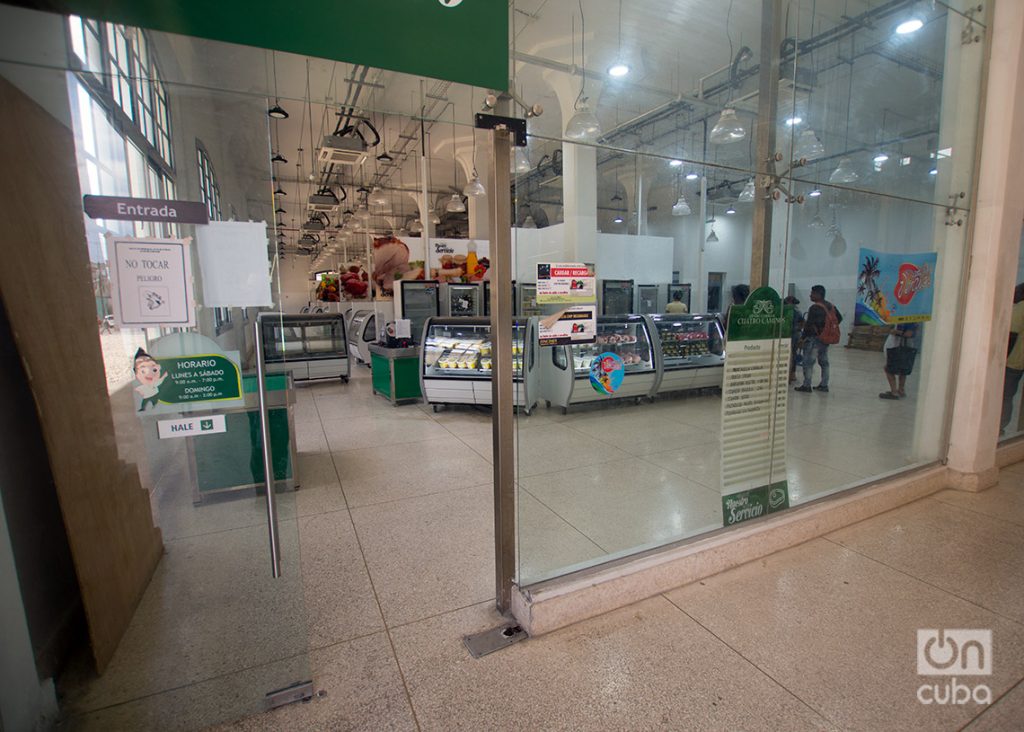Talking about mental health is a tendency that has taken strength in recent years and has positioned itself, both in the media and academic experts information, as in people’s day -to -day life, Those who are increasing more attention to what they feel and take the work of learning to externalize it.
Because of this, already companies and society in general should not only worry about being at the forefront of the constant developments and changes in the market, but of the demands that are coming, thanks to issues such as emotional intelligence, affective responsibility, prioritization of being and personal and personal balance.
Also read: Colombian merchants feel overwhelmed by the ‘temu’ effect on sales
While phenomena such as covid, national strike, war in Ukraine, geopolitical tensions and an economy that does not take off; They have played against people’s emotional stability, as everything improves, it also seems to change people’s optimism respect for the future of mental health.
This is evidenced in the report “Predictions for 2025” of the IPSSO firm, where it is shown that seven out of 10 people in the world believe that their mental health will be better in 2025, than in 2024. This equivalence although it changes from a Country to another, in most of the consulted nations have a good perspective in more than half of the respondents.
For this survey, 23,721 adults aged 18 years old in India, from 18 to 74 years in Canada, Republic of Ireland, Malaysia, Philippines, South Africa, Turkey and the United States, from 20 to 74 years in Thailand, from 21 to 21 74 years in Indonesia and Singapore, and from 16 to 74 years old In all other countries. From Friday, October 25 until Friday, November 8, 2024.
Happiness
Istock
The Top 10
Ipsos survey also shows the perception of people in 33 nations, including Colombia, which is found in Top 10 and makes it clear that regardless of adversities and face nations on various fronts, the hope that everything will improve is high is high , which has an impact on mental health.
Under the “mental health will be better in 2025 than in 2024”, The first place in the ranking is for Indonesia, where 92% of those consulted consider that it will be, closely followed by China, with 90%. These two are the only ones in that percentage range, since they then appear Philippines with 87%, South Africa with 85%and Mexico with 82%.
Other news: The irrevocable and the protocol: Waterfall of resignations in the ministerial cabinet
On the other hand, closing the list of the first 10, Malaysia (82%), Peru (82%), Colombia (81%), Romania (79%) and Thailand (79%) appear. In the case of the United States, the American giant is in 16th place with 70%, while Spain appears in box 20, with 66%and Great Britain was in position 26, with 59%.
Finally, at the end of this table are Japan (38%), Hungary (50%), Germany (51%), France (53%) and Turkey (54%), with the lowest expectations in the face of a possible improvement of mental health in this year.

Mental health
Source: Istock
A better economy
Another data reported by Ipsos has to do with the economic prospects for people in the streets, since it was known that the drop in inflation rates in many countries of the world and the reduction of interest rates are not yet reflected In the finance of the people on foot, however, it seems that a slightly more optimistic perception of the situation is glimpsed.
“When it comes to comment on a possible price increase, in Spain, 5 descend 5 Points The percentage of citizens who believe that life will continue to make more expensive, although the majority that think it will be (79%). Likewise, the majority (68%) continue to say that inflation will continue to rise, although there are four points less than in 2023, ”they said in the report.
Finally, where there is a more accentuated optimism when it comes to commenting on a possible new rise in interest rates, since there is a perception shared by 56%, but which descends in 16 points.


















